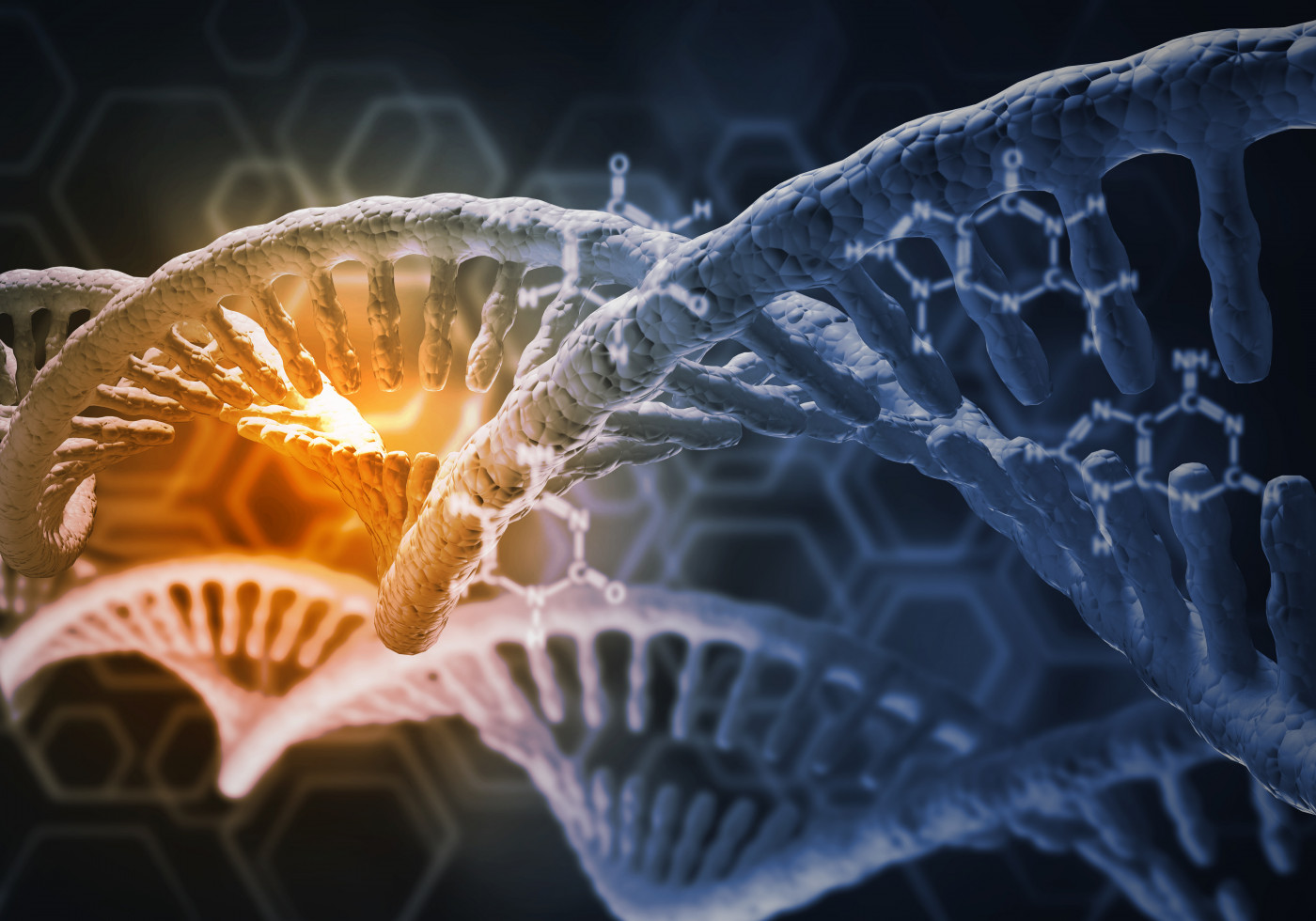PTC Therapeutics Partners with Aldevron to Supply Quality Products for Gene Therapy Candidates

PTC Therapeutics announced a strategic partnership with Aldevron to ensure the production of high-quality plasmid DNA to be used with PTC’s investigational gene therapies, including AGIL-AS for the treatment of Angelman syndrome (AS).
PTC’s growing gene therapy pipeline for genetic disorders of the central nervous system (CNS) also includes an investigational gene therapy for AADC deficiency that’s nearing submission to the U.S. Food and Drug Administration (FDA), as well as candidates for Friedreich’s ataxia and Angelman syndrome that are at earlier development stages. Other candidates for cognitive disorders and inherited retinal disorders are in preclinical research.
“Our strategic collaboration with Aldevron represents our continued commitment to produce and provide the highest quality product to patients,” Neil Almstead, PhD, PTC’s chief technical operations officer, said in a press release.
“Our gene therapy pipeline is addressing the unmet needs of multiple patient populations, and we feel an urgent need to develop safe products with the utmost speed. The development of relationships with top-tier companies like Aldevron aligns with our goal of partnering with the best collaborators as we drive meaningful improvements in the lives of patients,” Almstead said.
PTC’s gene therapy candidate for Angelman’s syndrome is called AGIL-AS. It uses a modified virus that does not cause infection — called an adeno-associated virus (AAV) — to deliver a working copy of the UBE3A gene, the faulty gene in Angelman syndrome, to the brain and spinal cord of patients. The process is designed to restore production of the E6-AP protein produced by the UBE3A gene, this way improving cell function and rescuing neurological defects in Angelman syndrome.
Preclinical studies have shown that AGIL-AS targets nerve cells in the brain, increases levels of E6-AP, and eases AS-like cognitive deficits in animal models of the disease.
AGIL-AS was granted orphan drug designation from the U.S. Food and Drug Administration in 2015, followed by a similar designation from the European Commission in 2016.
Under the agreement, Aldevron will manufacture the plasmid DNA (circular molecules of DNA) where the functional version of UBE3A gene will be enclosed for delivery. The company ensures the materials are produced under Good Manufacturing Practice (GMP), a set of guidelines allowing products to be consistently made and controlled according to quality standards.
“It is truly an honor to work with PTC’s motivated team of experts. They are making enormous contributions to the future of genetic medicine,” said Michael Chambers, founder and CEO of Aldevron.
“This is Aldevron’s mission – to serve scientists and researchers who are relentlessly pursuing cures for people who need them,” he added.






